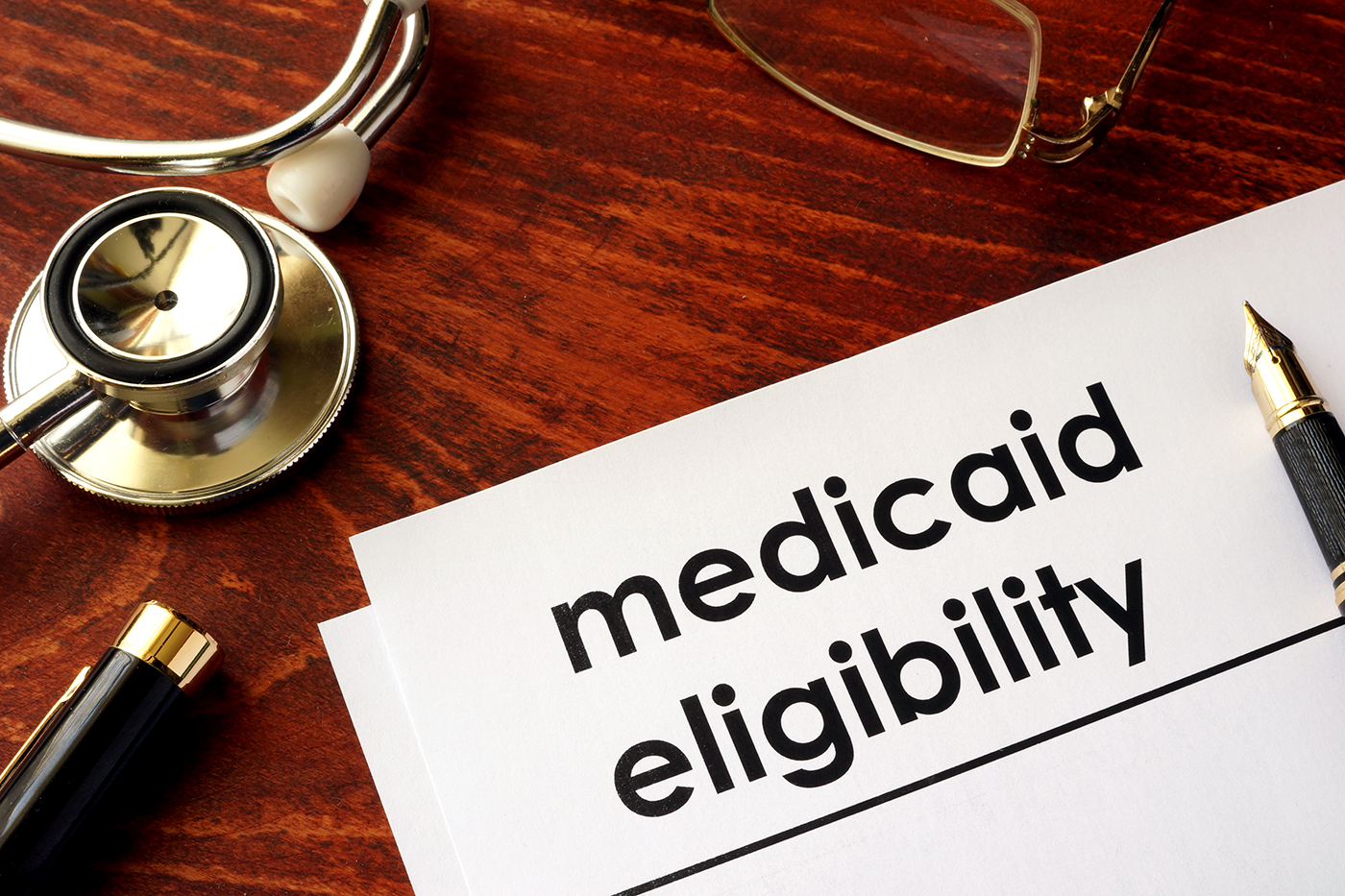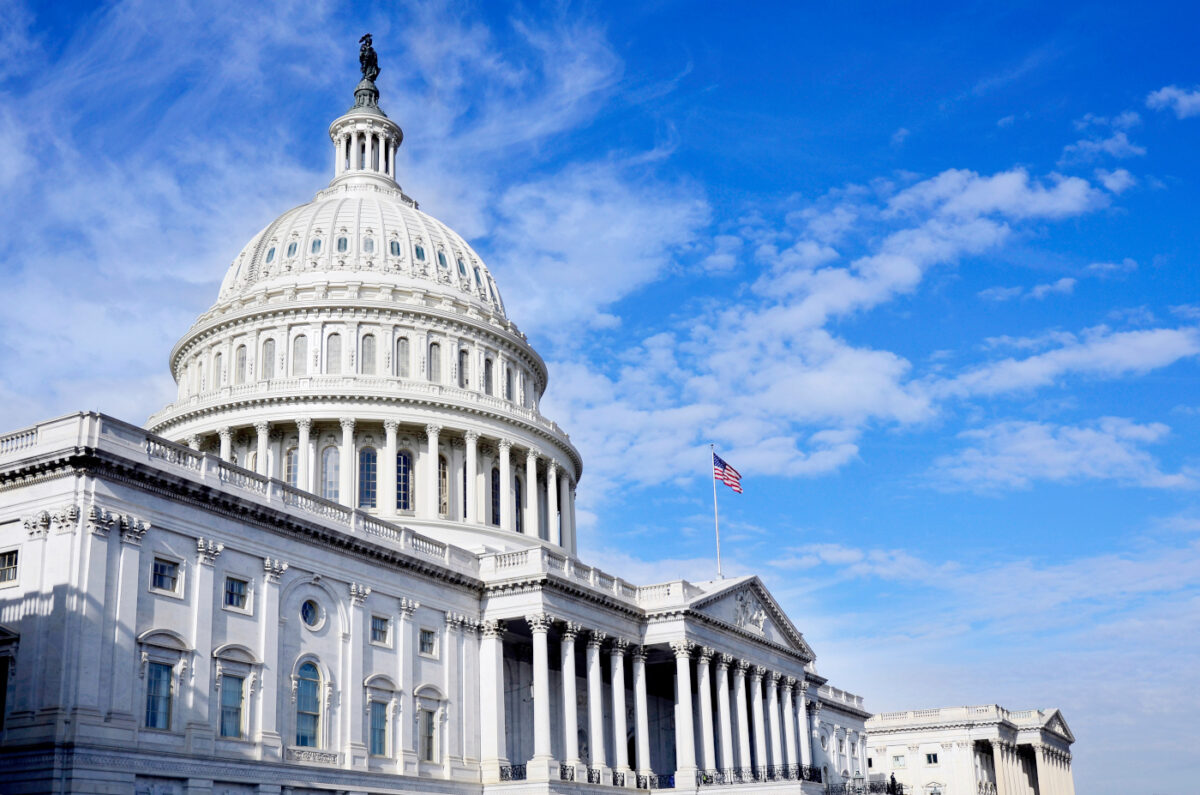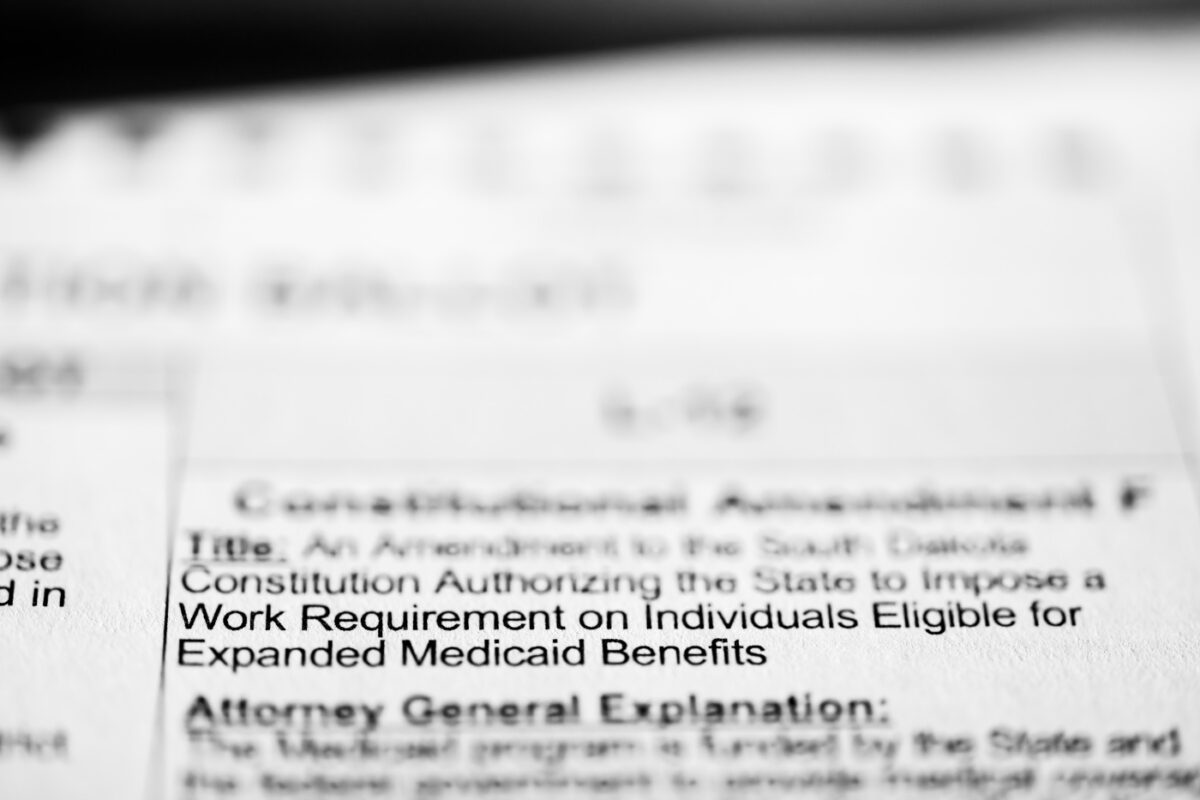
Arkansas Medicaid officials will soon be faced with one of the largest administrative tasks in the program’s history — redetermining the eligibility of thousands of beneficiaries after years-long delays due to COVID-19. During the public health emergency, Medicaid enrollment exploded nationally due to the economic disruptions faced by millions of Americans, with the Centers for Medicare and Medicaid Services (CMS) estimating 14 million people were added to state Medicaid rolls. In Arkansas, Medicaid enrollment among children, Arkansas Works, and the state’s traditional Medicaid adult population has grown from about 900,000 to more than 1,070,000 during the pandemic.
Except in limited circumstances such as incarceration, the Families First Coronavirus Response Act prohibits states from terminating coverage during the COVID-19 public health emergency for Medicaid beneficiaries enrolled after March 18, 2020. To help states cope with the resulting increases to their Medicaid rolls, the act provided states a 6.2% increase in federal funding for Medicaid program costs. Under normal circumstances, state Medicaid programs must decide whether a beneficiary is still eligible for coverage on at least an annual basis, with coverage for beneficiaries terminated if they are no longer eligible based on changes in income or other eligibility requirements.
In August 2021, CMS issued guidance clarifying that states would have up to 12 months after the end of the public health emergency to restore routine operations and complete the Medicaid eligibility redetermination process for all beneficiaries. On March 2, 2022, CMS released additional guidance declaring that states now have up to 14 months after the end of the public health emergency to complete eligibility redeterminations. The new guidance emphasizes the need to prevent inappropriate terminations and ensure a smooth transition to other sources of coverage for beneficiaries no longer eligible for Medicaid.
The public health emergency is currently set to expire April 22, 2022, although it could be extended since CMS has signaled it would give states 60 days’ notice before it ends. Regardless, states are planning now for how they will manage this redetermination process and trying to anticipate major challenges. Some states are also planning to continue to assist beneficiaries no longer eligible for Medicaid, such as those who will be able to use subsidies to obtain coverage through the health insurance marketplace. For example, Massachusetts is using federal COVID-19 relief funds for health navigators in anticipation of disenrolled beneficiaries needing assistance enrolling in a marketplace plan. Smooth transitions for those who are no longer Medicaid-eligible are vital to prevent unnecessary loss of coverage and continuity of care.
In Arkansas, the timeline for determining Medicaid beneficiary eligibility is much shorter than what federal guidance will permit. The Arkansas General Assembly passed a bill in 2021 which requires the state to complete Medicaid eligibility redetermination within six months of the end of the public health emergency. The state has continued eligibility reviews throughout the course of the pandemic, estimating that upwards of 220,000 Arkansans on Medicaid will no longer qualify once the public health emergency expires.
In anticipation of the end of the public health emergency, Medicaid officials have announced the creation of a new call center to contact beneficiaries and help update key contact information. This effort is in anticipation of the upcoming redetermination process, which will require beneficiaries to complete renewal paperwork to continue receiving Medicaid coverage. During Arkansas’s recent legislative session, state Medicaid officials estimated at least a 30% disenrollment rate during the redetermination process after the public health emergency.






